Search
Search Results

Definition
Voltaire
Voltaire (1694-1778) was a French author, historian, and philosopher whose thoughts on religious toleration and moderation of authoritarian power were influential during the Enlightenment. His most famous work today is the satirical Candide...

Definition
Wonhyo
Wonhyo (l. 617-686 CE) was a Korean Buddhist philosopher whose works impacted a wide array of later philosophers and writers through his teaching that one’s interpretation of the world created one’s reality. He is highly regarded as the greatest...

Definition
John Locke
John Locke (1632-1704) was an English philosopher responsible for laying the foundation of the European Enlightenment. Locke believed that each branch of government should have separate powers, that liberty must be protected from state interference...
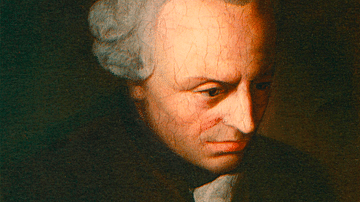
Definition
Immanuel Kant
Immanuel Kant (1724-1804) was a German Enlightenment thinker who is widely regarded as one of the most important philosophers of any period. His most famous works of critical philosophy include The Critique of Pure Reason, which challenged...
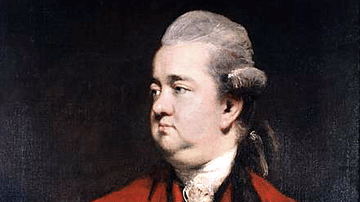
Definition
Edward Gibbon
Edward Gibbon (1737-1794) was an English historian most famous for his influential work The History of the Decline and Fall of the Roman Empire, volume one of which was published in 1776, with the final sixth volume coming in 1788. Gibbon's...
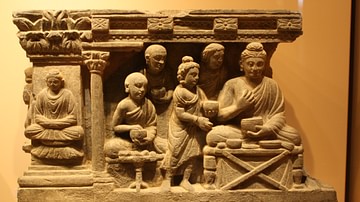
Article
A Short History of the Buddhist Schools
The different Buddhist schools of thought, still operating in the present day, developed after the death of the Buddha (l. c. 563 - c. 483 BCE) in an effort to perpetuate his teachings and honor his example. Each of the schools claimed to...

Article
Reforms of Catherine the Great
Catherine II of Russia (Catherine the Great) was the empress regent of Russia from 1762 to 1796. During the mid-18th century, Russia was still regarded as culturally behind compared to Western European countries. However, during her reign...
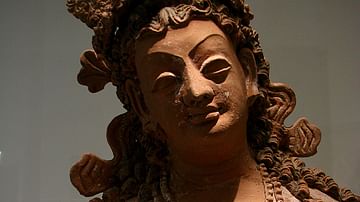
Definition
Mahasanghika
Mahasanghika (“Great Congregation”, also given as Mahasamghika) was an early Buddhist school of thought which is thought to have been formed after the Second Buddhist Council of 383 BCE when it separated itself from another school, the Sthaviravada...
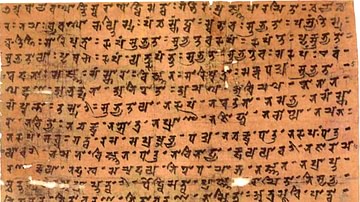
Definition
Perfection of Wisdom
Perfection of Wisdom is the foundational text of the Mahayana Buddhist school, a kind of anthology of works, thematically linked, composed between c. 50 BCE - c. 600 CE in India by Mahayana Buddhist scribes. It is comprised of 38 sutras (defined...

Definition
Buddhism
Buddhism is a non-theistic religion (no belief in a creator god), also considered a philosophy and a moral discipline, originating in the region of modern-day India in the 6th and 5th centuries BCE. It was founded by the sage Siddhartha Gautama...